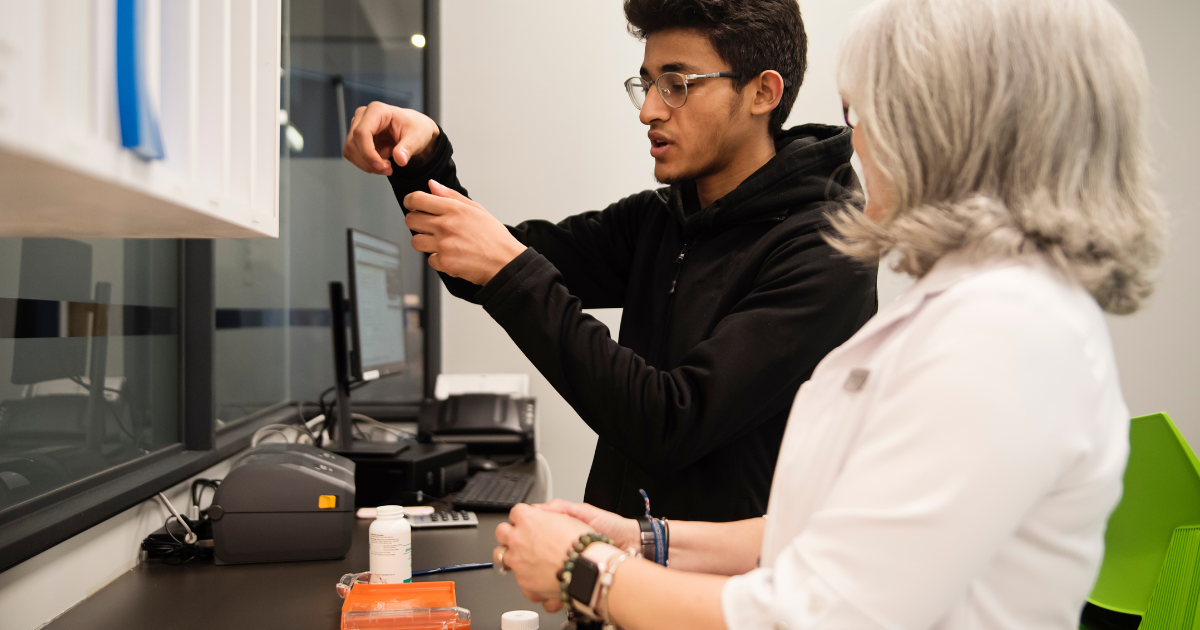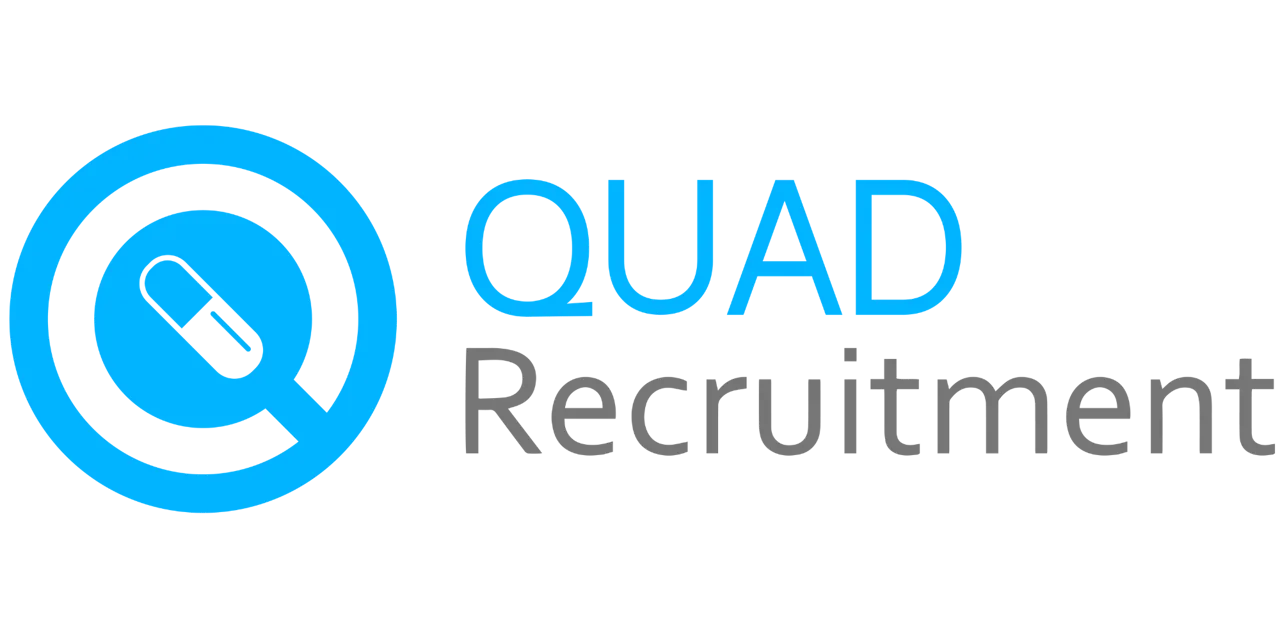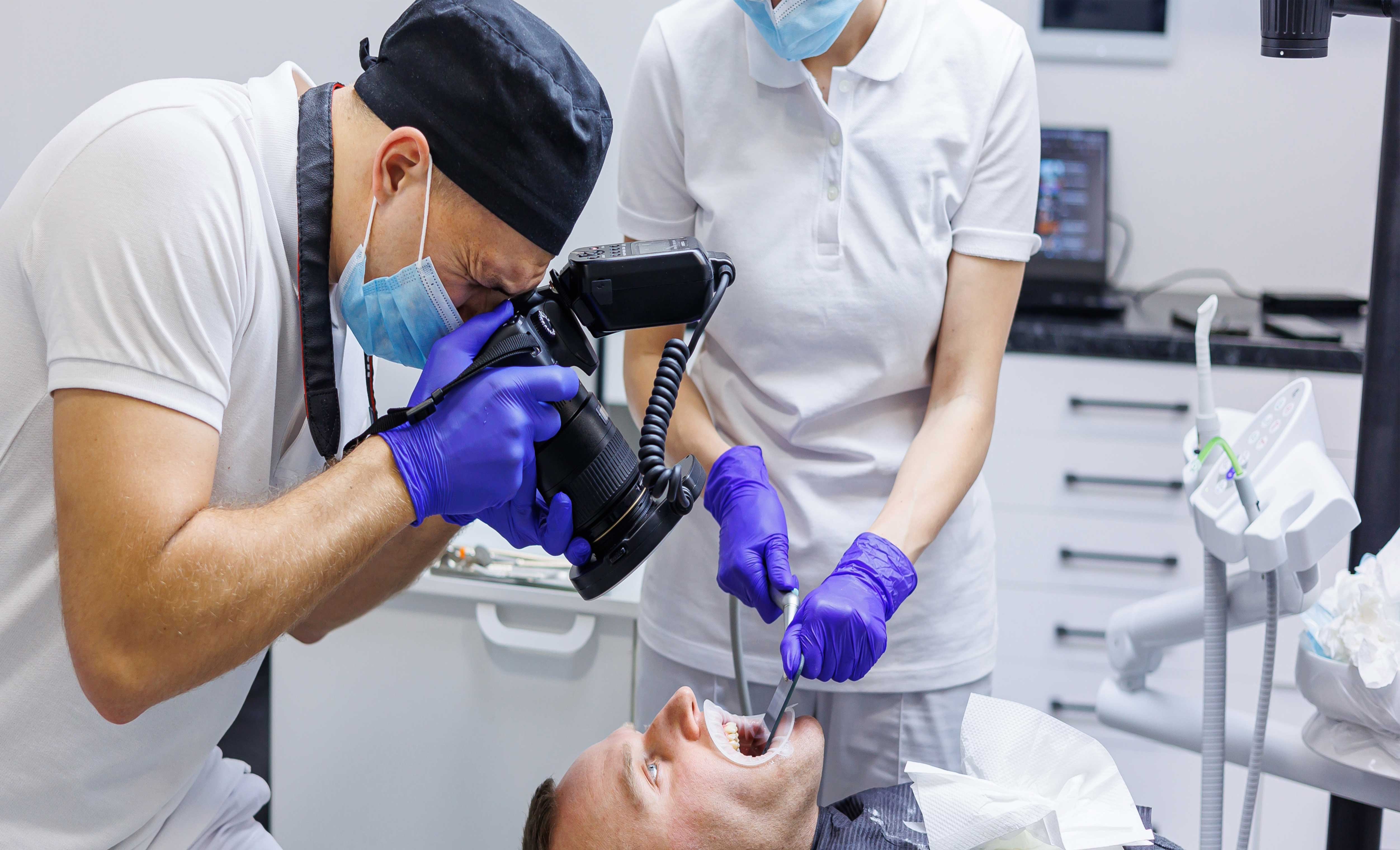
How to Prepare for the MPharm Degree
11 Sept, 20233 minsAre you considering pursuing a Master of Pharmacy (MPharm) degree in the UK? Congratula...

Are you considering pursuing a Master of Pharmacy (MPharm) degree in the UK?
Congratulations on taking the first step towards a rewarding and impactful career in pharmacy! The MPharm program is a rigorous and demanding course that equips students with the knowledge and skills needed to become competent pharmacists. To help you succeed in your journey, we've compiled a comprehensive guide on how to prepare for the MPharm degree.
1. Understand the MPharm Program
Before diving in, it's essential to have a clear understanding of what the MPharm program entails. The MPharm program typically lasts for four years and combines classroom-based learning with practical training. You'll study a wide range of subjects, including pharmaceutical chemistry, pharmacology, therapeutics, and pharmacy practice. Familiarise yourself with the course structure, modules, and assessments to know what to expect during your studies.
2. Academic Preparation

a. A-Level or Equivalent:
Most MPharm programs require specific A-levels or equivalent qualifications. Ensure that you meet the entry requirements of your chosen university.
b. Pre-Course Reading:
To get a head start, consider reading introductory textbooks related to pharmacy, chemistry, and biology. This will help you grasp fundamental concepts more easily.
c. Brush up on Chemistry:
Chemistry plays a significant role in pharmacy. Refresh your knowledge of chemistry principles, especially organic and medicinal chemistry.
d. Study Skills:
Develop effective study habits, time management, and note-taking techniques to stay organised and excel in your coursework.
3. Gain Relevant Experience

Pharmacy is a practical field, so gaining relevant experience is vital. You can:
a. Work in a Pharmacy:
Consider working as a pharmacy assistant or technician to gain hands-on experience in a pharmacy setting.
b. Volunteer:
Look for opportunities to volunteer in healthcare settings or community pharmacies to understand the daily operations of a pharmacy.
c. Shadow a Pharmacist:
Shadowing a practicing pharmacist can provide valuable insights into the profession.
4. Stay Informed
Pharmacy is a dynamic field with evolving guidelines and practices. Stay informed about current developments, pharmaceutical news, and healthcare policies. Follow professional organisations like the Royal Pharmaceutical Society (RPS) to access resources and updates.
5. Develop Soft Skills
In addition to academic knowledge, pharmacists need strong communication, teamwork, and problem-solving skills. Work on improving these soft skills through group projects, public speaking, or extracurricular activities.
6. Financial Planning
Consider your financial situation and explore scholarship opportunities or financial aid programs that may be available. Ensure you have a budget in place for tuition fees, textbooks, and living expenses.
7. Research Your University
Selecting the right university is crucial:
a. Research Programs:
Thoroughly research MPharm programs, considering factors like accreditation, faculty expertise, and available resources.
b. Visit Campuses:
Attend open days or virtual campus tours to get a feel for the facilities and the program's culture.
8. Personal Statement and Interviews

Prepare a compelling personal statement and be ready for interviews if required. Highlight your passion for pharmacy, relevant experiences, and why you want to pursue an MPharm degree.
9. Plan Your Accommodation
If you're moving away for your studies, start looking for accommodation early to secure a comfortable living situation.
10. Take Care of Your Well-Being
Finally, don't forget about self-care. Managing stress, staying healthy, and maintaining a work-life balance are essential for a successful academic journey.
In conclusion, preparing for an MPharm degree in the UK involves a combination of academic readiness, practical experience, and personal development. By following these steps and staying dedicated to your goals, you'll be well-prepared to embark on this exciting journey towards becoming a pharmacist. Good luck!



